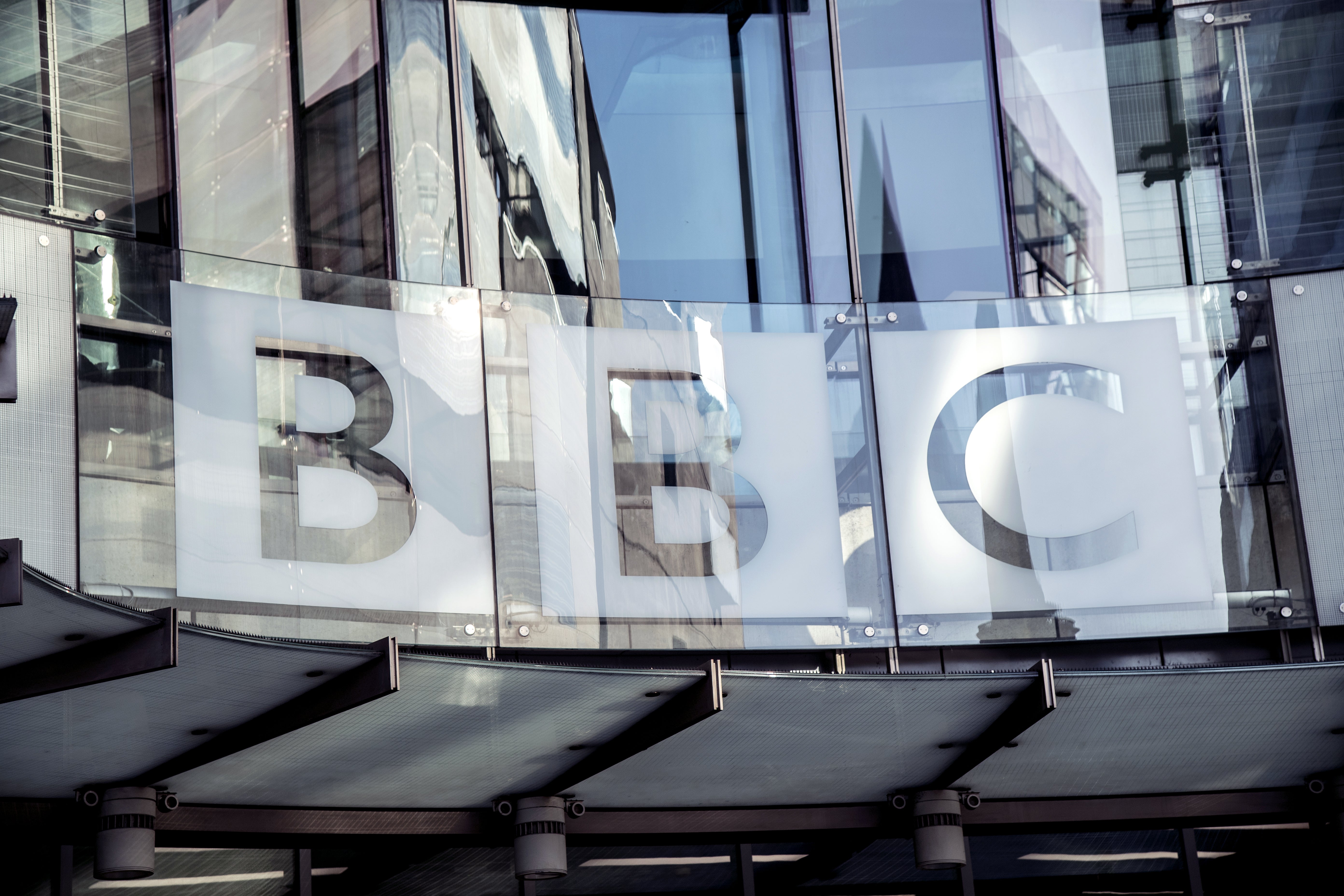BBC gender pay gap widens
The figures feature in the broadcaster’s annual report.

Your support helps us to tell the story
From reproductive rights to climate change to Big Tech, The Independent is on the ground when the story is developing. Whether it's investigating the financials of Elon Musk's pro-Trump PAC or producing our latest documentary, 'The A Word', which shines a light on the American women fighting for reproductive rights, we know how important it is to parse out the facts from the messaging.
At such a critical moment in US history, we need reporters on the ground. Your donation allows us to keep sending journalists to speak to both sides of the story.
The Independent is trusted by Americans across the entire political spectrum. And unlike many other quality news outlets, we choose not to lock Americans out of our reporting and analysis with paywalls. We believe quality journalism should be available to everyone, paid for by those who can afford it.
Your support makes all the difference.The gender pay gap at the BBC has widened for the first time since the broadcaster began recording figures in 2017.
The corporation’s annual report for 2021/22, which also marks its centenary, shows the median gap increased from 5.2% to 5.9%.
The gender pay gap measures the difference in the hourly pay of men and women at the broadcaster and is expressed as a percentage of male employees’ hourly pay.
Recording the median involves listing all salaries in order from lowest to highest and picking the one in the middle.
The BBC said the increase could be due to “variations in attrition, more diverse hiring rates into entry level positions and as a consequence of initiatives that support our wider organisational objective to achieve a 50:20:12 BBC by 2026”.
The broadcaster has set a target of reaching 50% female, at least 20% black, Asian or minority ethnic, and at least 12% disabled employees by that date.
Since the BBC began regularly recording its gender pay gap in 2017, its median gap has reduced from 9.3%.
This year, the BBC has continued to reduce its headcount.
Employees fall into two categories: licence fee-funded staff such as on-air talent, and those employed by the BBC’s commercial arms, which include BBC Studios.
The average number of licence fee-funded employees this year fell from 18,977 to 17,890.
Director-general Tim Davie said in the annual report the corporation “will soon set out further plans to reduce costs and streamline the BBC”.